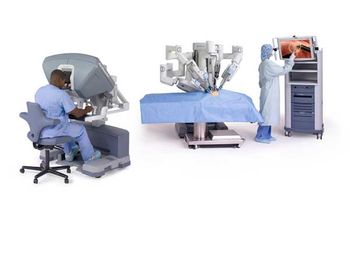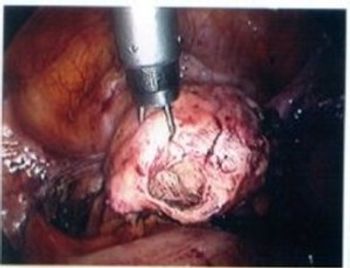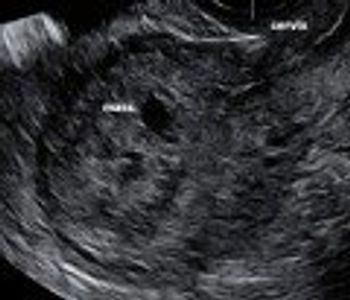
An analysis of minimally invasive hysterectomies performed at multiple institutions over a 7-year period shows that one in every 368 women who underwent morcellation had uterine cancer. According to the investigators, the study also reveals an association between advanced age and increasing prevalence of underlying cancer and endometrial hyperplasia in these patients.












